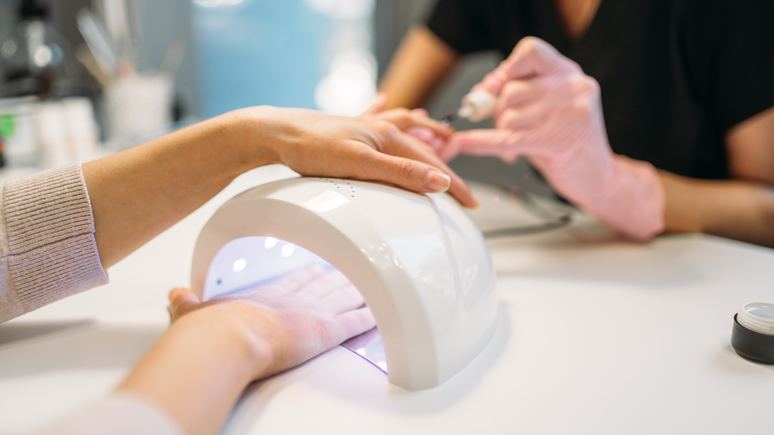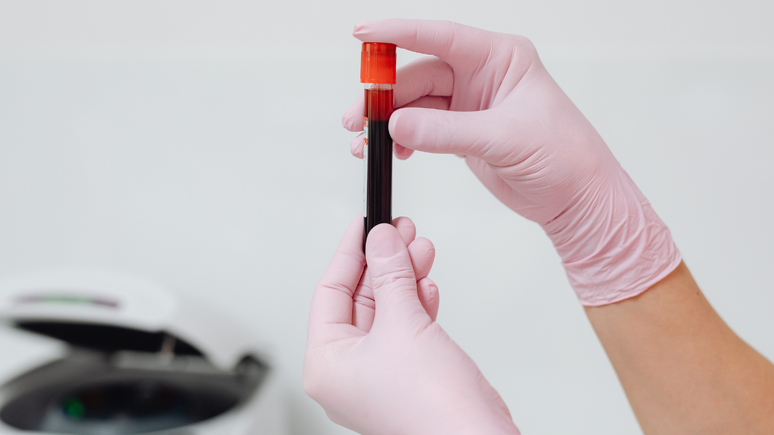The effectiveness of medications used by chronic patients may be reduced by heat
Excessive heat can have significant effects on the health of people with chronic diseases, long-term conditions that have the potential to cause lasting damage to their health. Heart, lung, diabetes and other diseases can make patients more vulnerable to the negative effects of extreme heat.
Dehydration, which causes the loss of fluids and electrolytes, can unbalance the body’s water and salt systems, being particularly concerning in those with kidney disease or heart failure.
Furthermore, geriatrician Simone de Paula Lima explains that the use of some specific drugs to treat chronic diseases can end up compromising the body’s ability to cool itself or even have reduced effectiveness if the body is dehydrated.
“Patients with neurological diseases may have difficulty regulating their body temperature. Patients with respiratory diseases, such as asthma and chronic obstructive pulmonary disease (COPD), may suffer more from hot, polluted air,” explains the doctor.
Warning signs
In high-temperature conditions, it is crucial to be aware of certain symptoms that can indicate serious heat-related health problems.
When a person suffers from heatstroke, it is normal:
- intense sweating;
- pallor;
- tiredness and weakness;
- dizziness or light-headedness;
- nausea or vomiting;
- rapid but weak pulse;
- heachache.
In case of hyperthermia, it is worth paying attention to other signs, such as:
- high body temperature (above 39°C);
- red, hot, dry skin without sweat;
- pulse fast and strong;
- bad headache;
- dizziness;
- nausea;
- confusion or disorientation and loss of consciousness.
Signs of dehydration:
- excessive thirst;
- dry mouth;
- dark colored urine;
- tiredness;
- lethargy;
- dizziness and vertigo.
Individuals with changes in mental function may experience confusion, delirium, hallucinations, or coma, especially in older adults or people with underlying health conditions.
As for the symptoms of people with respiratory diseases, there may be difficulty breathing, chest pain or a feeling of suffocation.

Is taking a cold shower good for your health?
How to maintain health in hot weather?
Simone de Paula emphasizes that drinking water remains the main way to prevent accidents in extreme heat. He stresses the importance of drinking water regularly, even if you’re not thirsty, and recommends avoiding caffeinated drinks and alcohol.
Other tips include:
- Choose light, loose-fitting and light-coloured clothes, with natural fabrics such as cotton, as it helps absorb sweat and facilitates ventilation;
- Using and abusing wide-brimmed hats; sunglasses and high protection factor (SPF) sunscreen, reapplying as necessary, especially after swimming or sweating;
- Avoid the sun between 10am and 4pm;
- Consume light, non-fatty foods, such as fruit and vegetables;
- Avoid intense physical activity during the hottest hours of the day;
- Use fans, air conditioners, humidifiers or air conditioning to keep your home cool;
- Invest in cooler baths or showers.

Formal for work, cool for summer: fabrics and garments to wear on hot days
Source: Terra
Ben Stock is a lifestyle journalist and author at Gossipify. He writes about topics such as health, wellness, travel, food and home decor. He provides practical advice and inspiration to improve well-being, keeps readers up to date with latest lifestyle news and trends, known for his engaging writing style, in-depth analysis and unique perspectives.









